Keeshon’s Story: A Knock Heard Round The Hood – Part 3
This story is Part 3 of a 4-part series.
Read Part 2 HERE
“God Please Bring My Dad Back!”
Every day I would come home from school to a continual argument going on. It always had to do with either money or drugs, and the energy and sound coming from my parents often sounded demonic. It wasn’t uncommon for them to direct this energy towards me and I would then be verbally abused as well. If not directly targeted, I would be encouraged to choose sides and agree with one parent over the other. When I refused to do that, they would both be hurt by me and I would feel like trash for not being a better person. I will never doubt that they loved me and ultimately are a reason I survived, but their addictions caused me massive amounts of pain.
One example of this painful lifestyle is the time I saw my brother (Budder) almost die in front of my house. An argument had begun between our house and the neighbor’s, and it became violent enough that soon dozens of friends and family sprawled into the street. I watched as our neighbors brought out weapon after weapon to scare Budder and his friends, but Budder is a stubborn person. It all climaxed when the craziest lady of the group held a butcher knife over my brother’s head and swung it down towards his neck. It felt like time had slowed down, and that I was watching my brother’s life flash before my eyes. My dad grabbed her hand before she was able to bring it all the way down, and I’m thoroughly convinced the swing would have killed my brother. My dad was also on blood thinner, so a cut to his wrist could have easily been fatal. But this was everyday life; I had become numb to it all.
One final example of my life growing up is the time when my life personally hung in the balance. This story is jumping a little ahead; it took place just shortly after my conversion.
I was walking home from school when ten men in black hoodies came up behind me. They weren’t middle school aged, so I knew something was wrong. Before I had time to think, one of them clubbed me in the back of the head with a branch, nearly sending me to the ground. I always knew I was hard headed, but this was one time when I wished I would have just fallen to the ground. I assume that this man was attacking me to earn respect from his gang, so me not falling (I was a big guy) was an insult to him. He kicked me in the back of the head, and then all of the others began to stomp me out. A local yelled at them and distracted them enough for me to get away, left with some pretty serious bumps and bruises. It bothered me that I didn’t put up more of a fight. I felt weak and vulnerable like a sheep among wolves. Something inside of me didn’t allow myself to fight evil with evil but I couldn’t help but feel conflicted. There was no fear in my heart, how could I have just allowed them to do that?
Of course when I got home my brother went out after the men who attacked me. He never found them, but I believed that night that Budder might go kill all of them himself. We didn’t call the police because we knew that would make things worse for us, so I was left to feel bad for myself.
The following Thursday, I went to my Bible school class. I was teaching that Thursday (yes, as a 13 year old), and one of the students that came was a girl I knew from school. She had been walking home with me the same day I was jumped, but we split at the parking lot where I was attacked. She saw the entire thing and said “Why didn’t you fight back? You pulled a Jesus on them!”
All of a sudden I realized the purpose of the attack. God had allowed me to be attacked so I could stand strong for Him. He wasn’t testing me in my mind; He was showing me off. From that point on, I wanted to be victorious for Him. I wanted to bring Him glory. The book of Job became very special to me during this time and I felt like I was beginning to relate to Job in many ways.
I could go on and on, but these stories are meant to be used for redemption. They are being written and will continue to be written about in my other blogs.
One of the things that constantly depressed me was my dad’s health. Years of drug abuse and bad genetics made him susceptible to just about every organ failure known to man. By the time he passed away, none of his organs were working properly, and even the terrors of cancer came to haunt him later in life. I grew up watching my dad in constant pain, in what felt like an endless amount of problems. It was through this that I learned what empathy was. Without these experiences I would never have learned to love others. I looked at my dad, not in pity, but in compassion. I wanted to help wherever I could, but sadly I was not equipped to help him overcome his vices or the results of those vices. There is a lot I could be ungrateful for in life, but no man has taught me more than my father. I was one of the lucky ones; he wasn’t a great dad, but he was my dad and I had him for the majority of my childhood.
Things became uncertain when we were in the hospital for the last of his five open heart surgeries. They had each ended unsuccessfully. I was afraid that I might lose my dad, but if he had survived four already, then this one shouldn’t have been a problem. As I was sitting in the waiting room, one of the doctors came to consult us. He told us that the surgery had been unsuccessful, and that when he left they were trying to revive my father. I couldn’t believe what I had heard; I sank into a corner and began to seek out God in the only way I could think of. Hundreds of Bible lessons all came to mind in one moment, and I was overwhelmed by the overwhelming power of God and the history of faithful men. It felt like this was the moment for which I was being prepared for. If there was ever a time to be faithful, it would be now. I told God that if He would save my dad, I would do everything I could to win him for the kingdom. That meant that I too would choose to give my life to God and accept his peace. I realized that if God was really who I was taught He was, then all He said was true as well. This meant that my dad was possibly already on the judgment seat, about to be sent to hell. This broke me.
I waited in anticipation to see if God had answered my prayer. About 15 minutes later, the doctor came in and confirmed that in a few hours I would be able to see him. He was covered in tubes and wires, but he was alive. I looked at him with one goal in mind. I was determined to go back to the Shenks and commit 100% to being a part of the family of God. I felt that my committing wholly to the family at Tidings of Peace would in turn allow my blood relatives to one day be able to join me. My confidence in God had reached new heights. I could go home and step on crack pipes, be jumped, live in poverty, but God was going to be present the entire way through. This didn’t make life any easier for me, but it made me feel like it was all worth it.
Things at home only got harder after dad’s surgery. My mom’s selfishness came through in ugly ways now that my dad needed all of the attention in the house. My mom had a habit of making sure her pains and afflictions were at the forefront of our minds. If she felt judged or abused she would make everyone in the house feel like the worst person in the world. Often these feelings were a result of her own addictions and shortcomings, but she was never consolable. At this point in my life I had grown to greatly despise my mom and her condition. If my dad had not suffered in the ways he had, he would have been met with the same energy.
In the months leading up to my baptism many things were thrown at me as potential difficulties I would have to overcome in becoming a Mennonite. My t-shirts would need to go, I would need to change the music I listened to, and I would potentially need to quit playing organized sports. Amazingly, none of these things were obstacles at all. What truly stood in my way were the spiritual aspects of devotion to Christ. Most important was the fact that even though many in the church believed I was redeemed, I was not. I know this to be a fact because up until that point I had not forgiven either of my parents. At the time, I didn’t think I needed to, and it wasn’t until soon after my baptism that I came to realize that this was a critical part of following Christ. In order for me to be forgiven by God, I would need to forgive all others in my life as well. This was not where the focus of my mentors and peers was directed, although it should have been.
Another challenge was the racial difference between me and the rest of the congregation. I was baptized with another man of color, but we were very different and our cultures didn’t resonate with each other. I navigated this cultural difference alone for much of the time leading up to the baptism, and the Shenks were the only ones that really seemed to think about the problem. That has always been one of the blessings of the Shenks. They never understood why it should be so difficult for someone to infiltrate the Mennonite culture. They recognized that the color of my skin shouldn’t have had an impact on that, but unfortunately, it did. One person (not a member of our congregation) even approached me and explained in detail why it would be inappropriate for me to marry a white woman as it would make for a poor social situation for not just us, but our children. That nearly drove me out of the church. It wasn’t the “man made rules” that bothered me; it was the cultural insensitivities that nearly drew me away from what would become a very good thing.
With all of these problems, I chose to be a part of the church despite all of my hesitancies. I knew that even if I would encounter prejudices in the broader Mennonite church, and even if my home congregation failed to completely empathize with that, I would always have family. The Shenks had become that family. Not only was my home congregation willing to receive me and understand me as much as they could, my parents even came to witness my baptism. At the time I didn’t appreciate it, but looking back I am very grateful for their willingness to be a part of my spiritual growth. They may have not made good choices themselves, but they were willing to let me make good ones. There were many moments of jealousy and unhealthy comparisons after the fact, but for the most part they were supportive of my transformation. The icing on the cake of this whole experience was that I was allowed to keep my Afro, and I was allowed to continue playing football.
One of the more humorous situations I faced however was when my football world clashed with my church world. Every once in a while, church people would come to pick me up from football practices, so I was somewhat used to being seen by my teammates as “the Mennonite”. I wasn’t really ashamed of this, but I was always suspicious of what crazy things Clayton and our church might do around people who’s respect I had earned. It wasn’t easy living among two very different cultures. This reached its most extreme point when half of my church decided to show up to our first football game of the season. They filed into the field complex shouting my name and trying to get my attention. Inside I felt appreciative and humored, but I knew that I was playing a team sport. I did my best to acknowledge them, without showing too much appreciation for all the attention I was getting. To this day, friends from back in the day will reconnect with me and remind me about this moment in my life. They recall them singing the hallelujah chorus every time we scored a touchdown, high fiving our team as they went to the locker room, and the fight that broke out at the end of the game that got several players suspended. The Mennonites had received just as much culture shock as they were providing for the rest of the people in the stands.
Three years of living as a Mennonite was tough and brutal, but I believe mutually appreciated by me and most people around me. I began to travel with Austin, telling my personal story at churches across the country. Most of this was a good thing, but there were certainly some issues that would later surface once I took my mask off. I loved to tell my story and later on in life I loved to point to Jesus. My personal pride took a major hit when I suffered an injury that put an end to my football aspirations. I was getting good enough and fit enough that I could have made some serious moves and maybe gone to college on an athletic scholarship. I also maintained positive grade levels and was in a local scholarship program that nearly guaranteed a trip to college. Ruining my shoulder for life let me know that God was much bigger than myself and the Mennonites. I may be able to convince man that I am fit to play football, but God knew where my heart was.
For more practical advice on how we could improve our Anabaptist kids/youth clubs, visit Keeshon’s blog at https://urbanitemusingskw.wordpress.com/. The articles written there are for the purpose of encouraging and informing others working in urban environments.
To be concluded…
Read Part 4
Tags:
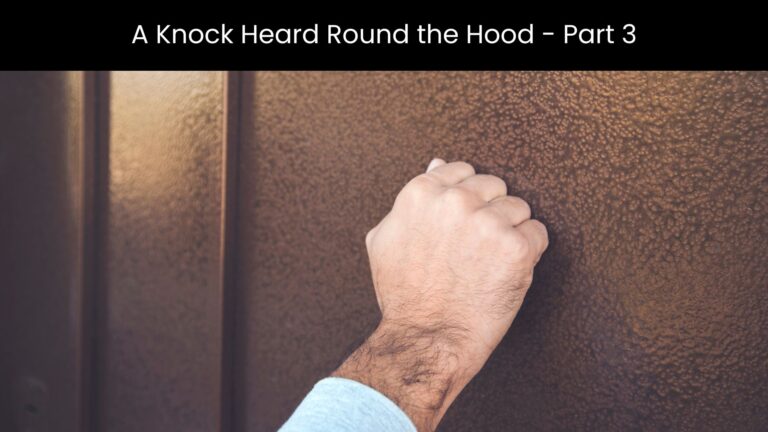
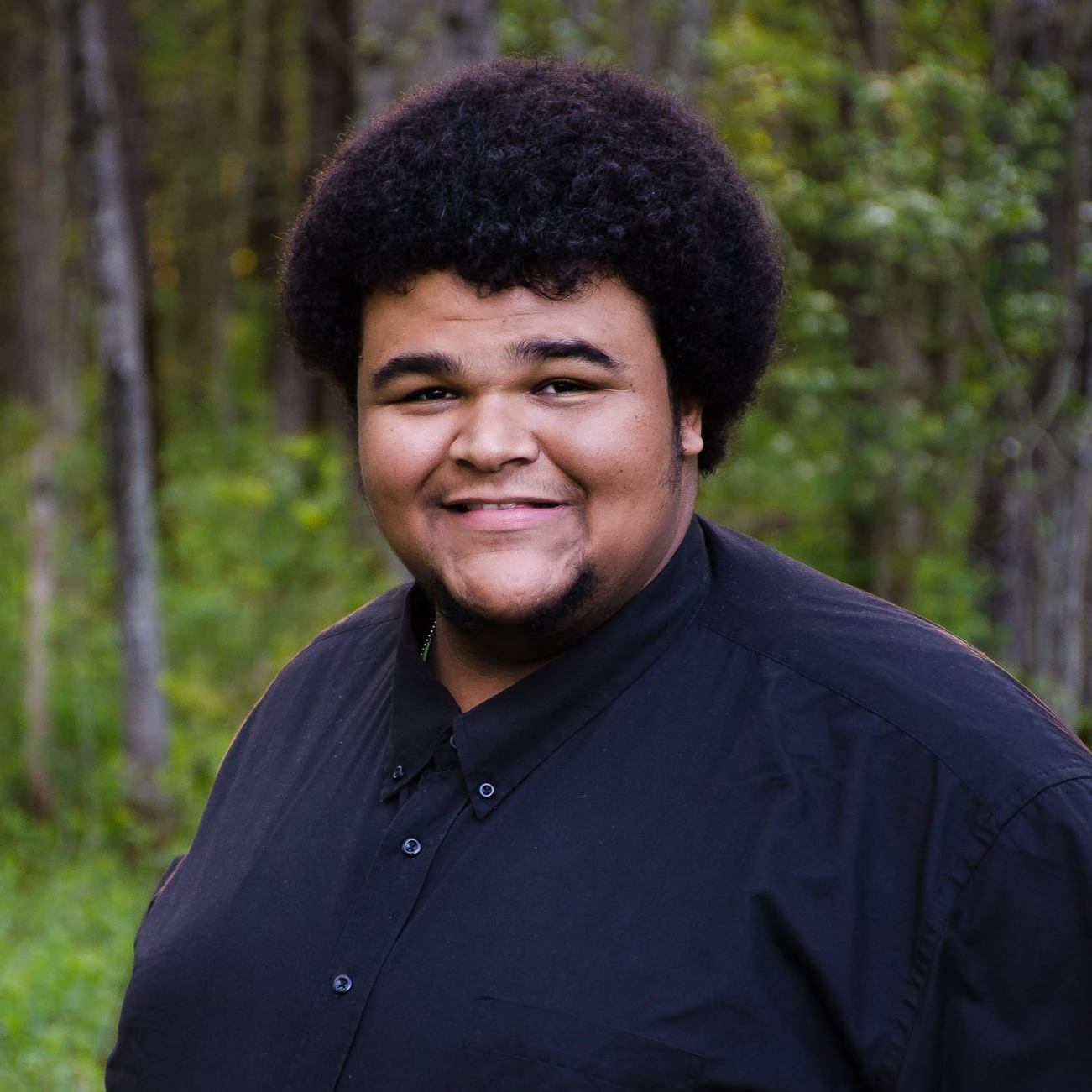
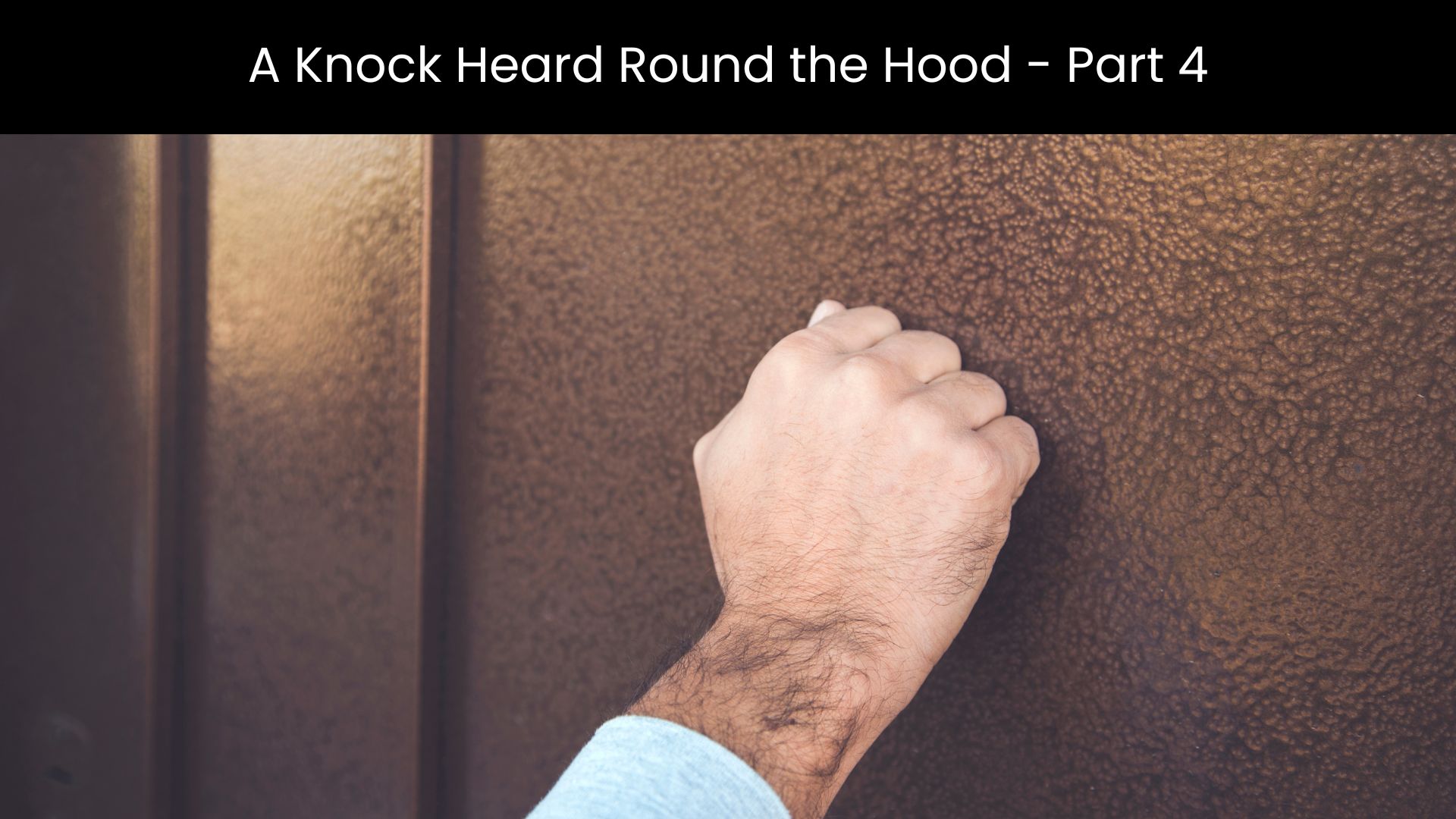
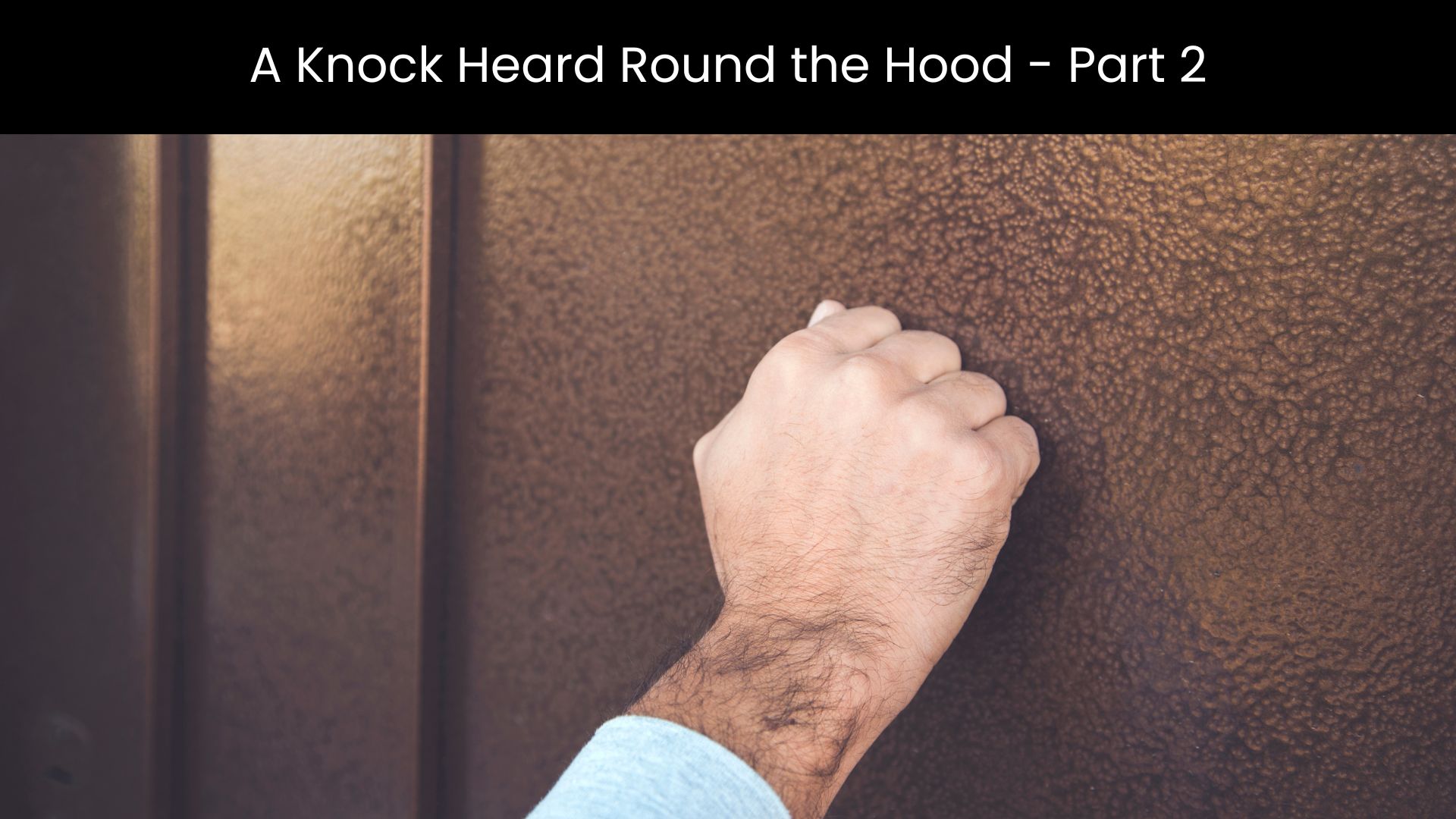
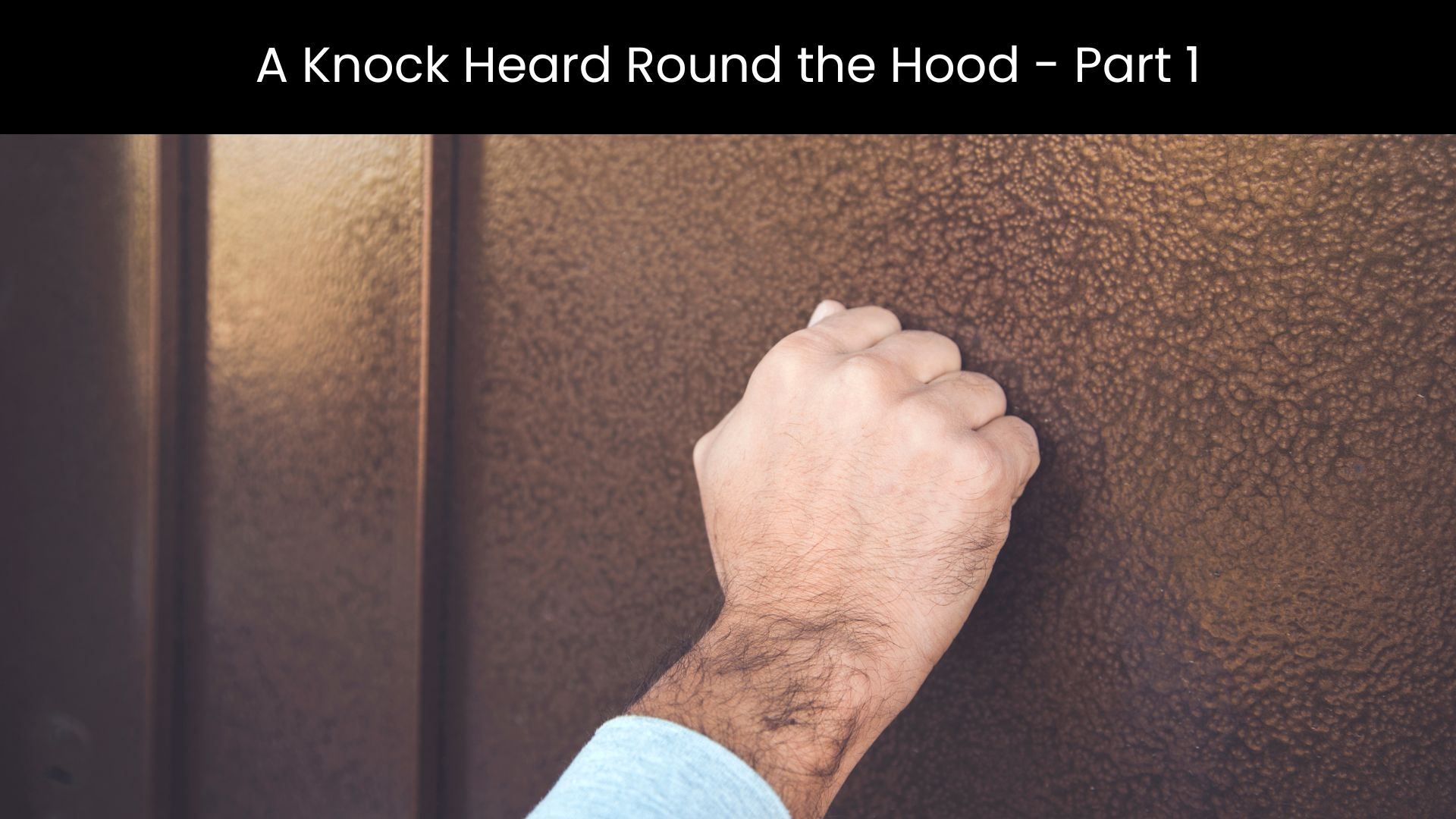
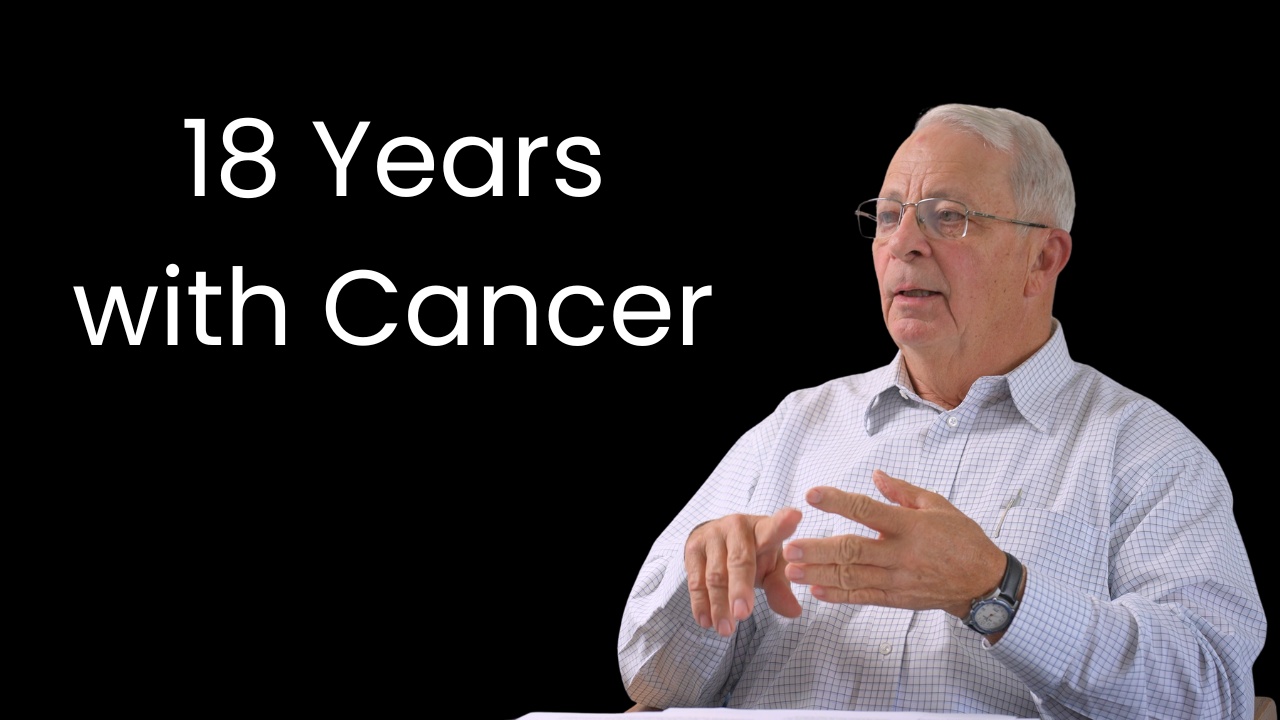
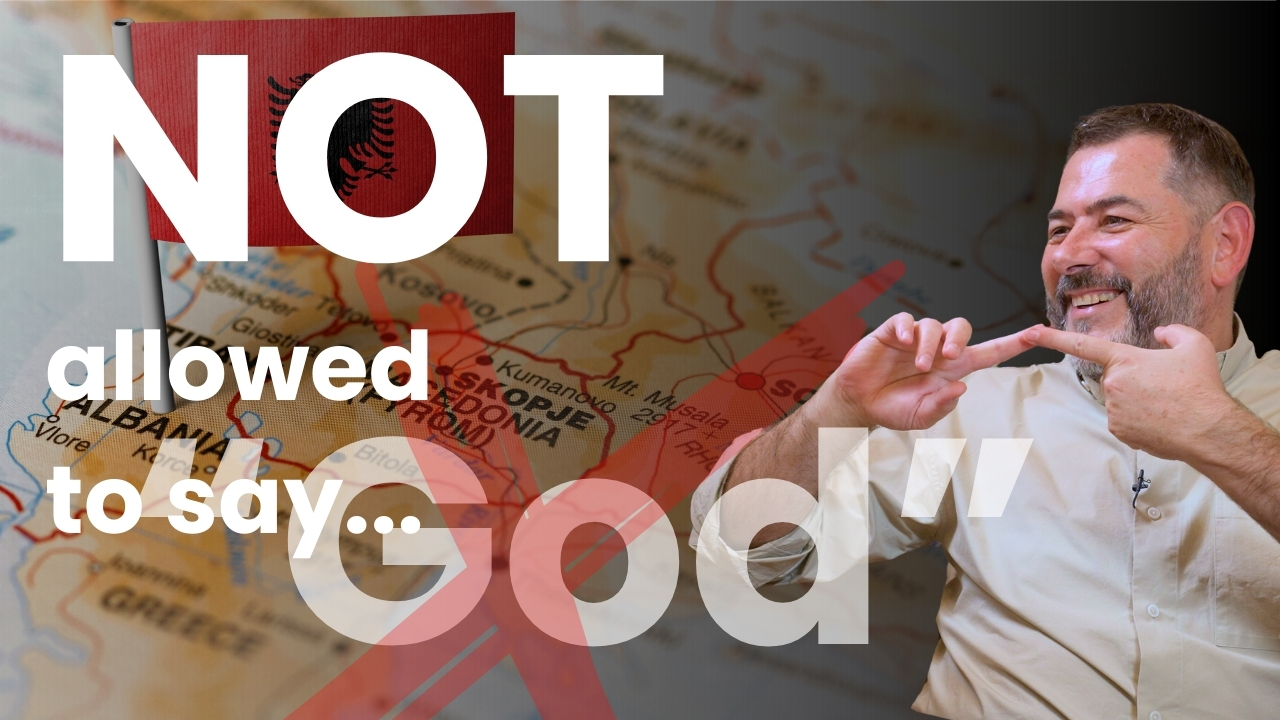
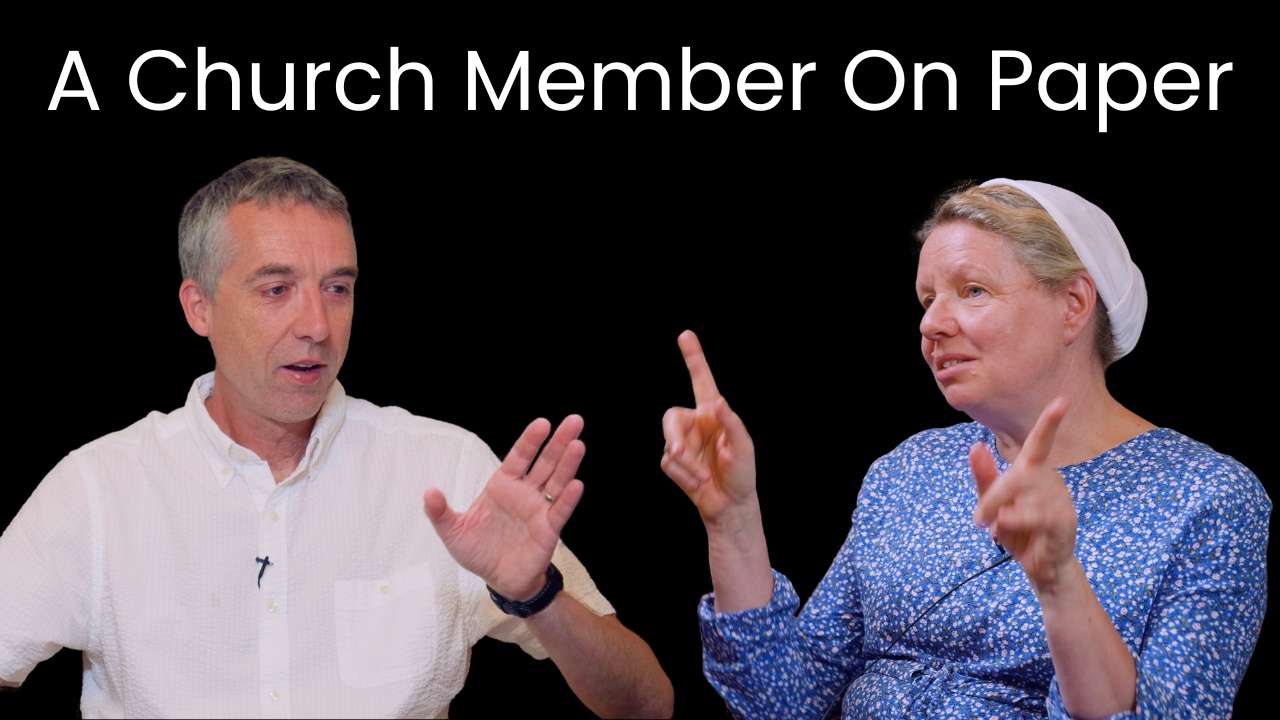
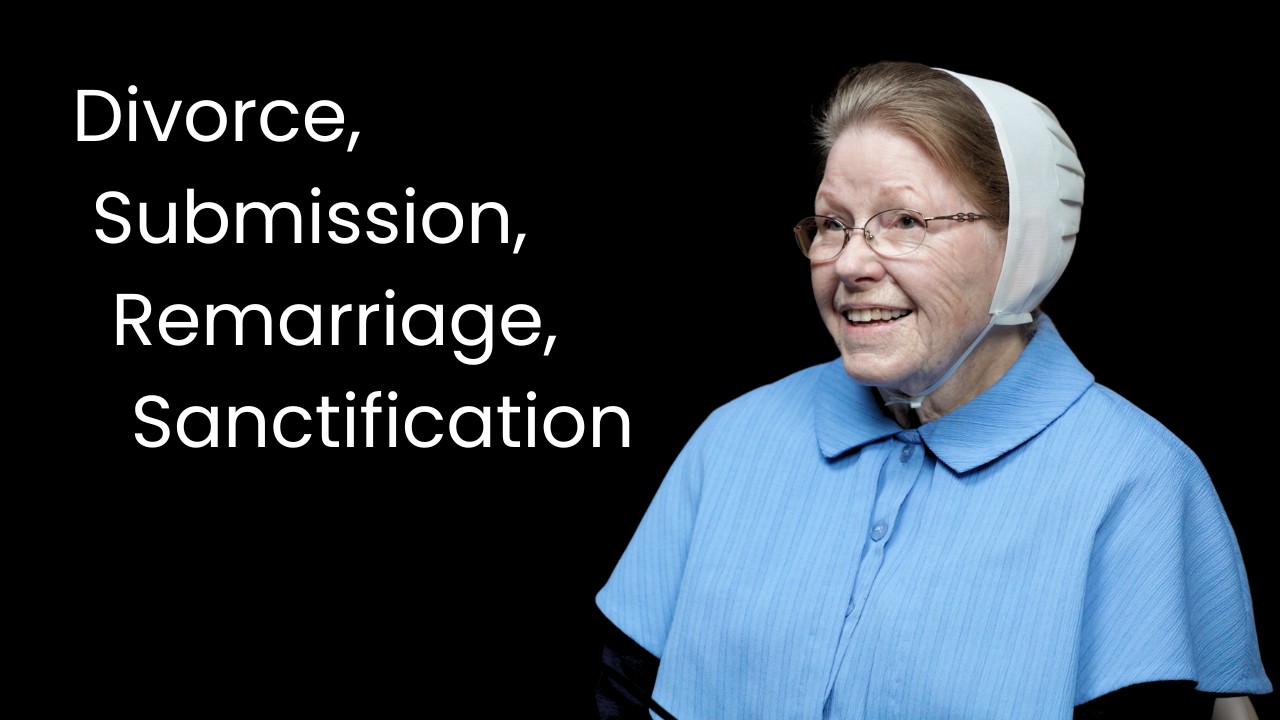
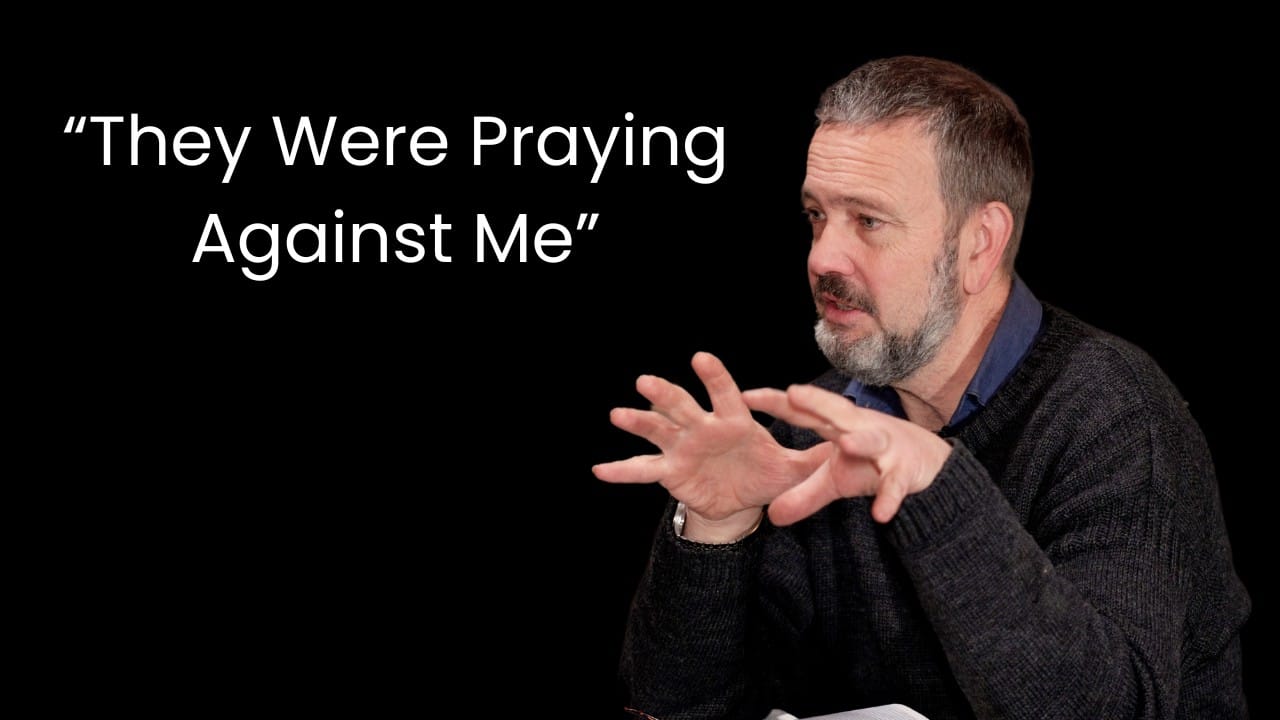
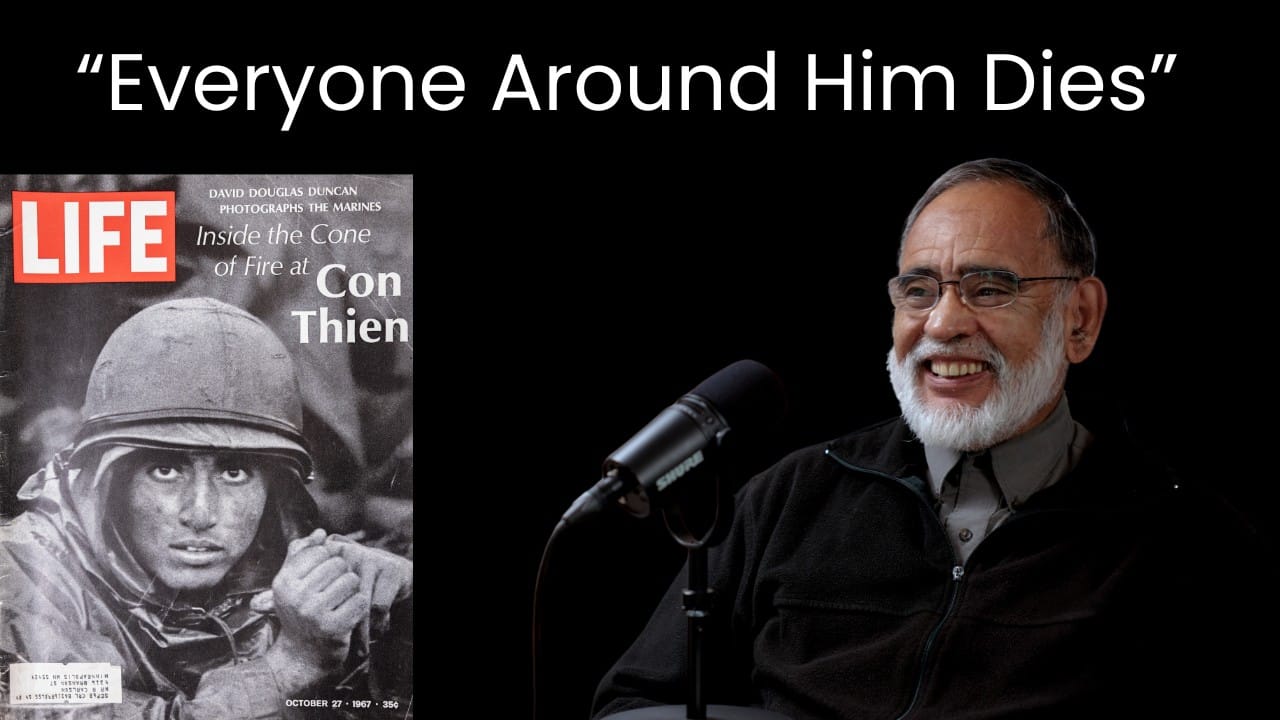
Leave a Reply